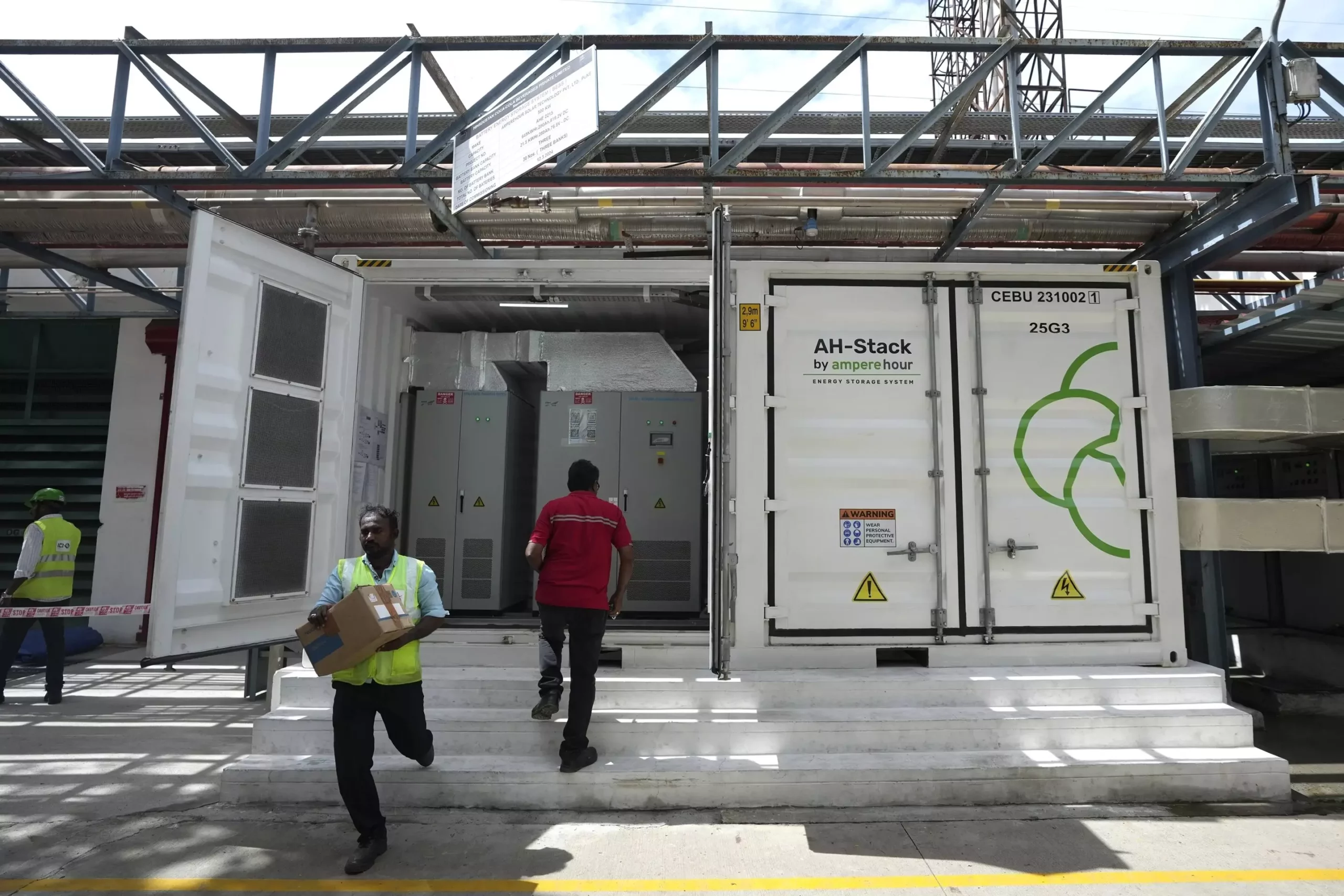In recent years, India has been making significant strides in transitioning towards cleaner sources of energy. One key component of this transition is the growth of the lithium-ion battery storage industry in the country. This industry plays a crucial role in storing electricity generated by renewable sources like wind and solar, ensuring a steady and reliable power supply even when the sun isn’t shining or the wind isn’t blowing.
As of now, India’s lithium-ion battery storage industry accounts for just 0.1% of global battery storage systems. However, the sector is experiencing rapid growth, with around a third of India’s total battery infrastructure being deployed just this year. The country currently has approximately 100 megawatts of storage capacity from batteries, with an additional 3.3 gigawatts of clean energy storage coming from hydropower.
Despite the progress made, there are still challenges that need to be addressed. Some customers are hesitant to adopt battery technology for storage due to concerns about cost and reliability. Additionally, the supply chain for batteries is heavily concentrated in China, making the sector susceptible to geopolitical volatility. However, major Indian businesses are increasingly investing in battery storage, signaling a growing confidence in the technology.
Government support is crucial for the further growth of the battery storage sector in India. While subsidies for coal plants currently make coal-generated electricity a cheaper option for some utility companies, future policy changes could level the playing field and incentivize the adoption of clean energy storage solutions. The Indian government has already announced a $452 million scheme to support an additional four gigawatts of battery storage by 2031, with hopes of further support in the upcoming budget announcement.
Industry experts believe that the key to meeting India’s growing energy needs lies in scaling up renewable energy deployment in tandem with increasing energy storage capacity. By combining clean energy sources with adequate storage, India can transition away from coal and meet its energy demands sustainably. The declining costs of global battery storage are making it increasingly competitive with traditional sources of energy like coal, paving the way for a cleaner and more efficient energy landscape in India.
The future of battery storage in India looks promising, with the sector poised for significant growth in the coming years. With the right government support, technological advancements, and a shift towards renewable energy sources, India has the potential to become a global leader in clean energy storage. By addressing the challenges and seizing the opportunities presented by the evolving energy landscape, India can pave the way for a sustainable and resilient energy future.


Leave a Reply